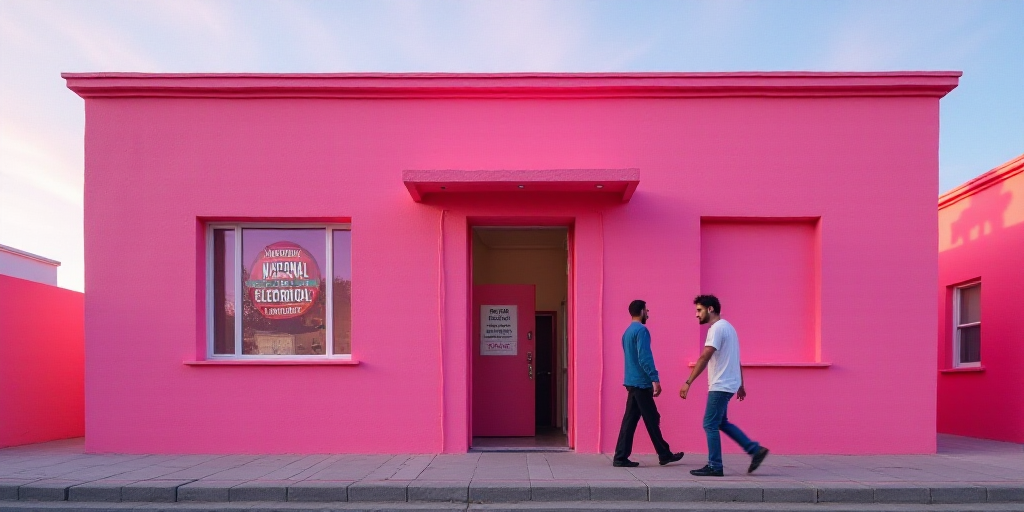Background on the Instituto Nacional Electoral (INE)
The Instituto Nacional Electoral (INE) is Mexico’s independent, autonomous electoral body responsible for organizing and supervising elections at the federal and local levels. Established in 2014, it replaced the Federal Electoral Institute (IFE) to ensure free and fair elections.
Judicial Election Process
In June 2021, Mexico held its judicial elections to select 438 magistrates and 363 judges for the country’s courts. These positions are filled through popular vote, allowing citizens to participate in the appointment of key legal figures.
Controversies and Delays
The election process was marked by controversies, including allegations of illegitimacy and the use of “acordeones,” a method of vote-buying. Despite these issues, the INE proceeded with the election and eventual certificate distribution.
Certificate Delivery Ceremony
Two weeks after the election, INE held a lengthy ceremony to present constancy documents to the 801 elected judges and magistrates. The event was divided into three blocks due to limited space in the INE auditorium.
Newly Elected Officials’ Statements
Among the new officials, Judge Amarande Riojas Orozco, elected in the penal division of Mexico City, expressed her views on the election process:
“Vivan los que ganamos sin partido. Viva la democracia, vivan aquellos que ganamos sin partidos, sin apoyos ni nada, aquellos que tuvimos esperanza, que confiamos en este proceso. No todo estaba dicho, salimos a buscar los votos legítimos. Viva por aquel que pueda levantar la frente y decir: gané, ganamos y ganó México. Viene un nuevo poder judicial con la esperanza de que todo va a salir bien. Aquellos que traemos en el corazón la vacación de servicio y sobre todo la carrera judicial. Viva México.”
Her statements highlighted her commitment to the democratic process and the legitimacy of her victory.
Candidacies with Religious Ties
During the ceremony, two elected candidates—Eluzai Rafael Aguilar and Madián Sinaí Menchaca Sierra—were recognized. Both are associated with the “Iglesia de La Luz del Mundo” (Church of the Light of the World), a controversial religious group. When questioned about their ties, both candidates declined to comment.






